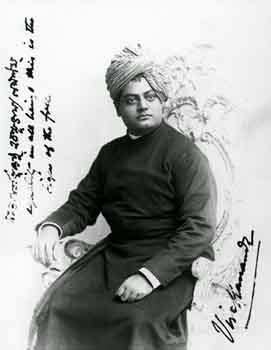This project Swami Vivekananda Quotes is almost one and half years old now and we feel a project should grow and prosper gradually. On 1 November 2014, we are beginning our first fundraising campaign. Here we are soliciting our readers' voluntary financial and other contributions.
So far, we have served more than 150,00 visitors. Most probably you have also noticed that we do not force anyone to donate anything to read or download content of our website. Our regular "donate" link is located at the bottom of the page, that anyone may easily ignore.
So far, we have served more than 150,00 visitors. Most probably you have also noticed that we do not force anyone to donate anything to read or download content of our website. Our regular "donate" link is located at the bottom of the page, that anyone may easily ignore.
Planned initiatives
A fun fact
If only 25% of our readers donate to this project,our fundraiser would be done within 48 hours. But that does not happen. Not everyone can or will donate, we understand.
- Digital library: A digital library with all public-domain books written by Swami Vivekananda or his associates.
- Research works/First-hand interviews: Probably you have noticed we have a section on notable people's tributes/comments to/on Swami Vivekananda. We'll expand this portal and approach notable Indian personalities to get their views or opinions on Swami Vivekananda and his works and influence. We'll also improve our research works.
- Strengthening our project: We'll strengthen our project by registering our project as an NGO (it might be difficult unless our this campaign becomes hugely successful) and hiring a part-time graphic designer and legal advisor.
- Audio portal: We wish to introduce "audio versions" of our stable articles.
- Free gifts: We also wish to start a "free gifts" section, where we'll send our readers Swami Vivekananda T-shirts, pens, diaries etc.
Donate
Donation is optional, but helpful
(Please select an option below)
(Please select an option below)
We are not accepting more than USD 20 from individual donors. If you are donating behalf of an organization, please send us an email (see "Contact us" section below)
Other ways to give
Contact us
This page was last updated on: 31 October 2014, 11:53 am IST (UTC+5:30 hours)
Number of revisions in this page: 1





_-_Google_Art_Project.jpg)






